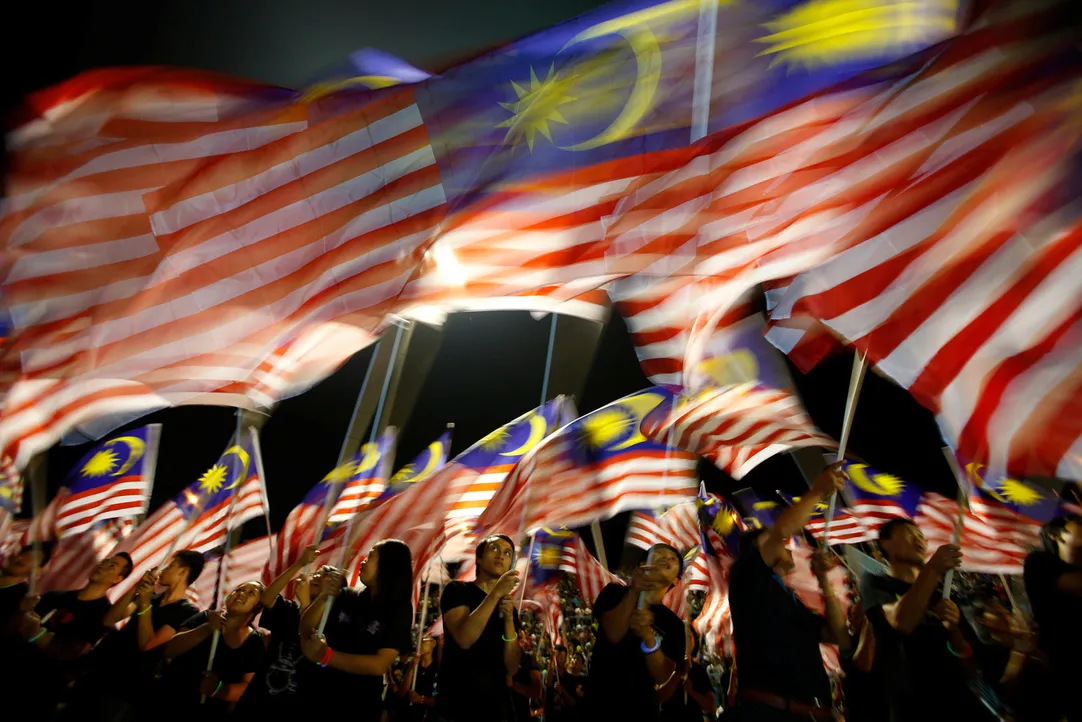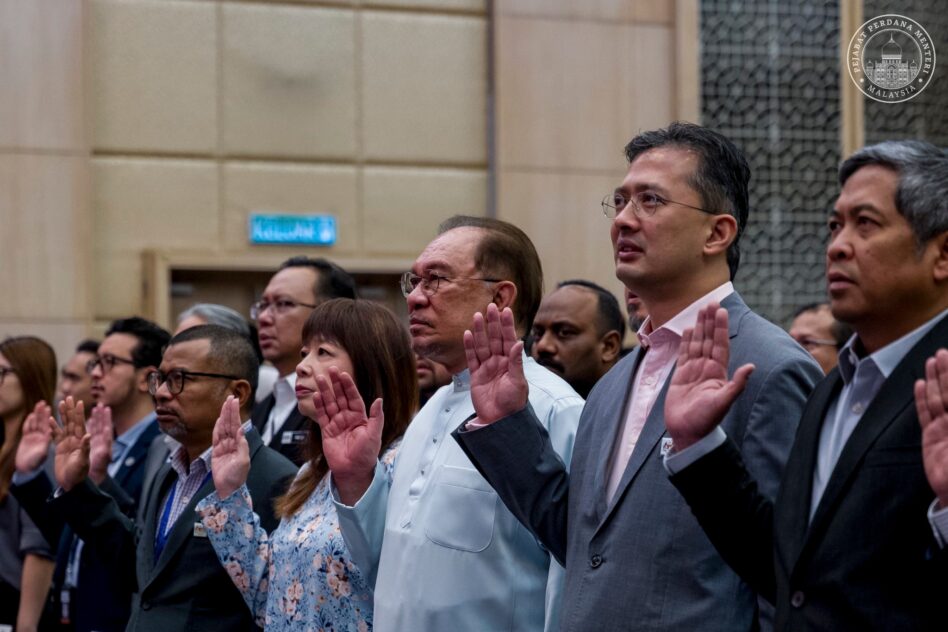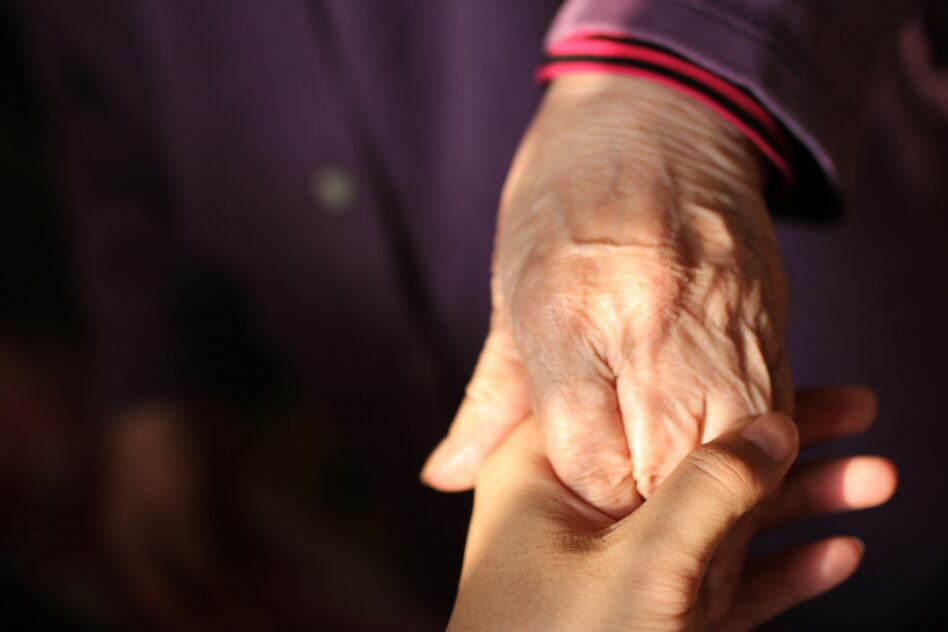WHEN I was in primary school, I read an essay about the difference between knowing and doing. It had a lasting impact on me, as I often applied this knowledge over the past six decades.
Over the years, I often explained this to many people, especially those with minimal schooling. They were disappointed with the wrongdoings by people who they regard as more educated, and had expected them to know what to do, having learned a lot in schools and universities.
But what have the so-called ‘educated’ actually learned? Those who learned by rote may be able to memorise entire text or religious books but have minimal understanding and application. To be of sound character, they must embrace and practise good values and morals.
To apply well on what they have learned, they must acquire the necessary skills, including language and interpersonal communication skills.
But these were not well developed as they are hardly taught in universities or lacked practice, as evident in job applications and interviews.
In recent decades, most students in tertiary institutions completed their assignments using “copy and paste”, if not outright plagiarism. In recent years, AI chatbots such as ChatGPT could continue to generate answers as requested, but a trained eye could easily spot their flaws.
Nevertheless, nearly all undergraduates will eventually be awarded with at least a pass degree, with many receiving first, second or third class honours degrees.
Those who continued their studies and obtained a Master’s degree turn to lecturing if they are disinterested or unable to secure suitable positions in government bodies or the private sector.
Lecturers who are ambitious pursue doctoral degrees to advance their careers and get a kick each time they are addressed as “Doctor” or hand out business cards with PhD after their name.
However, what a person knows is nothing compared to what he or she does. A person may know how to do good but benefits no one if nothing is done. Likewise, a person may know how to do evil but no harm is done if not acted upon.
Knowing is about learning and remembering information that is true and verifiable. But when it comes to religion, believing and holding a conviction is essential, as it requires believers accepting something as true even without concrete evidence.
And this is a double-edged sword. Beliefs and ideologies may unite people of the same tribe or region, but in so doing, they often go to war with others to exert political or ideological control, apart from territorial expansion in the pursuit of resources.
But the biggest threat and war that all nations must fight is against corruption. In the Transparency International’s 2024 Corruption Perceptions Index (CPI), Malaysia scored 50 points and is ranked 57th among the 180 countries surveyed.
The CPI uses a scale of 0 (perceived as highly corrupted) to 100 (perceived as being very clean). The top five countries with the highest scores are Denmark (90), Finland (88), Singapore (84), New Zealand (83) and Luxembourg (81).
Other Asean countries’ scores were lower than Malaysia, and they are Vietnam (40), Indonesia (37), Thailand (34) Laos and the Philippines (33), Cambodia (21) and Myanmar (16). Brunei’s score was 60 in the 2020 CPI, and Malaysia was 51 in the same year.
But more importantly, why is Malaysia’s score relatively low compared to the large number of its citizens professing to be religious?
Although religions are generally good, the followers may not be, especially those who pronounce they will defend against threats that are mostly imaginary.
Religions are centred around rituals such as prayers, diets and sacred artifacts, as these practices serve to reinforce beliefs, foster community, and offer a framework for spiritual connection and understanding of the world and hereafter.
But these are not the be-all and end-all, and often superficial.
Religions may give identity, belonging and comfort to believers, but many followers do not truly fear the Almighty as evident by their actions. Most people refrain from wrongdoings because of the fear of getting caught or being punished in the afterlife.
It takes a person with strong moral integrity and a deep sense of ethics guided by principles and values to do no wrong even when there is no chance of getting caught. But in many religions, wrongdoing is tolerated as long as it stays hidden.
Not only that, racism and corruption which all religions are against, have not been condemned but even promoted by religious and political leaders bent on gaining popularity, power and wealth at all cost. They know what is good for our country but they chose to serve their own interest. – April 3, 2025
YS Chan is master trainer for Mesra Malaysia and Travel and Tours Enhancement Course and an Asean Tourism Master Trainer. He is also a tourism and transport business consultant.
The views expressed are solely of the author and do not necessarily reflect those of Focus Malaysia.
Main image: Reuters









